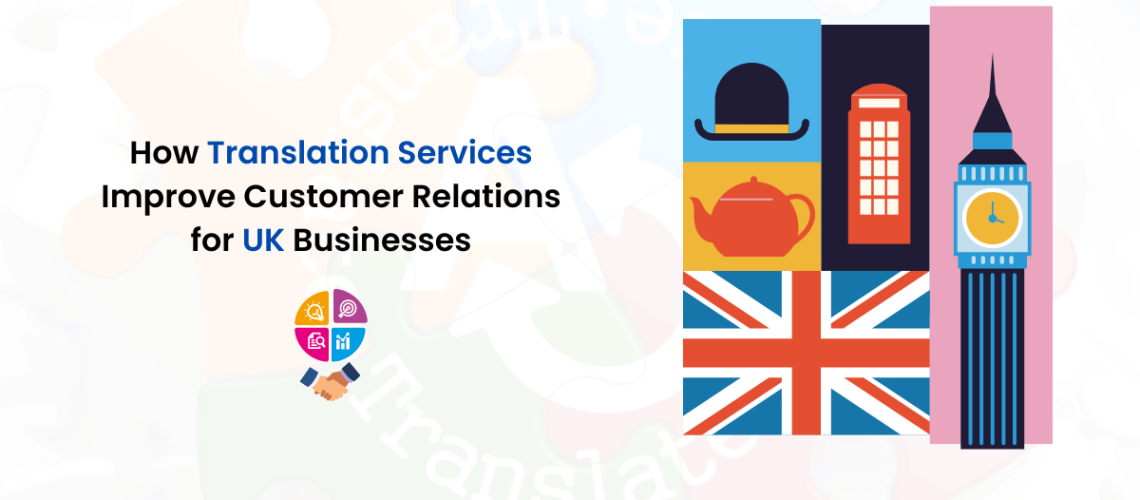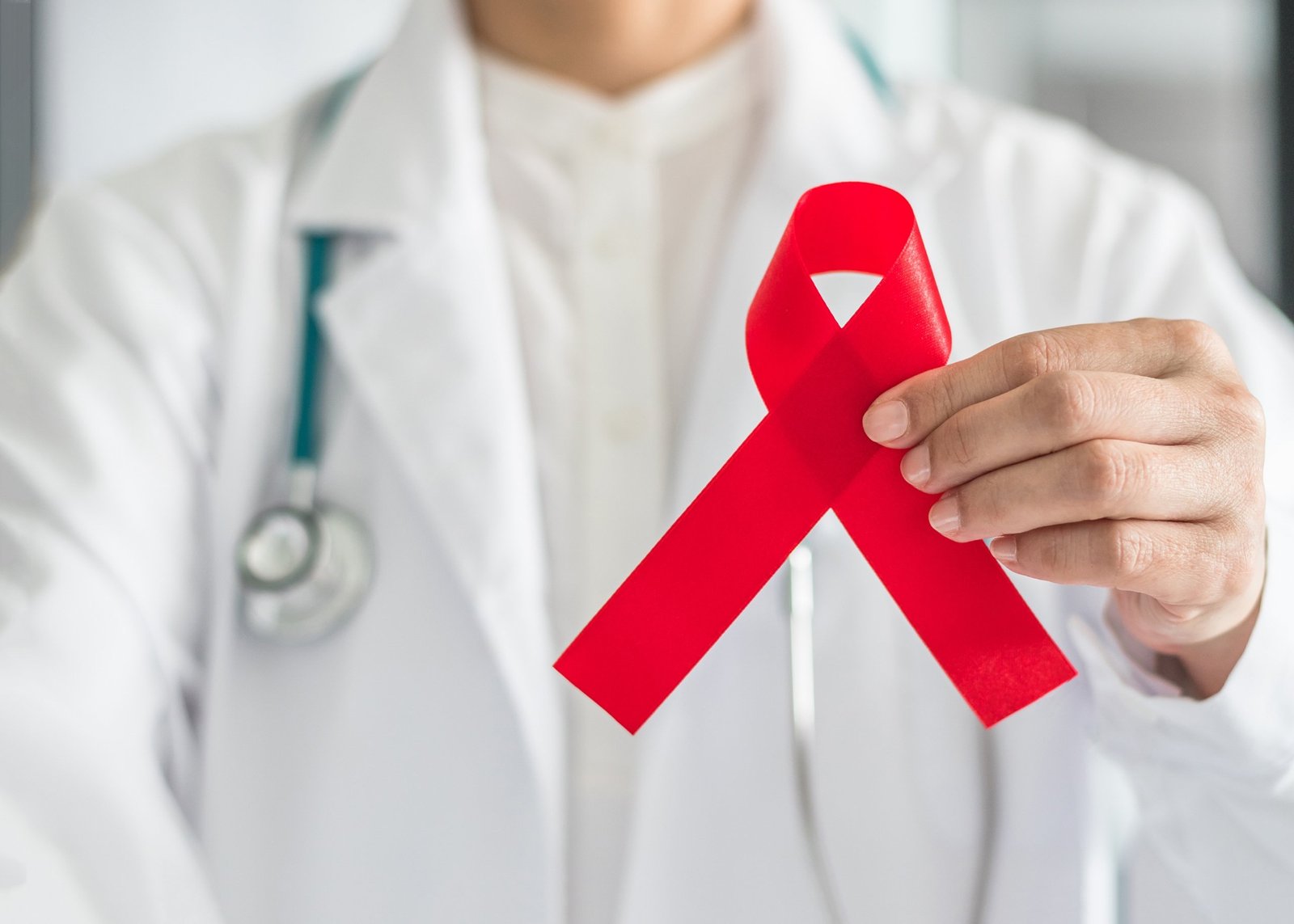Accurate medical translation is crucial in the healthcare industry, where even the slightest mistranslation can have dire consequences. Whether it’s a patient’s medical records, clinical trial documents, or pharmaceutical instructions, ensuring the integrity of medical information is paramount. Inaccurate translations can lead to misdiagnosis, improper treatment, and even legal issues. As a healthcare professional or organization, you must prioritize finding a reliable medical translation service that can handle your sensitive and complex documents with the utmost care and precision.
Factors to consider when choosing a medical translation service
When selecting a medical translation service, there are several key factors to consider:
- Expertise and Specialization: Look for a translation provider with a proven track record in the medical field and a team of translators who specialize in healthcare-related content.
- Quality Assurance: Ensure the translation service has robust quality control measures in place, such as multi-level proofreading, terminology management, and subject matter expert review.
- Regulatory Compliance: Verify that the translation service is familiar with the relevant medical regulations and standards in your target markets, such as FDA, EMA, or ISO guidelines.
- Data Security: Assess the translation provider’s data security protocols to protect the confidentiality of your sensitive medical information.
- Turnaround Time: Understand the service’s turnaround times and their ability to meet your deadlines, as medical translations often require prompt delivery.
How to evaluate the quality of medical translation services
Assessing the quality of a medical translation service can be a complex task, but there are several key indicators to look for:
- Sample Translations: Request sample translations of similar medical documents to evaluate the accuracy, fluency, and consistency of the provider’s work.
- Translator Qualifications: Ensure the translation team has the necessary medical expertise, language proficiency, and industry certifications.
- Quality Assurance Processes: Understand the service’s quality control measures, such as proofreading, terminology management, and subject matter expert review.
- Client References: Reach out to the translation service’s existing clients to get feedback on their experience, including the quality of the translations and the overall level of service.
- Continuous Improvement: Look for a translation provider that actively seeks feedback and implements continuous improvement measures to enhance the quality of their services.
Common challenges in medical translation and how to overcome them
Medical translation can present a unique set of challenges, including:
- Specialized Terminology: Medical terminology can be highly complex and technical, requiring translators with in-depth knowledge of the field.
- Regulatory Compliance: Ensuring that translations adhere to the relevant medical regulations and standards in different markets can be a significant challenge.
- Cultural Differences: Translating medical information across cultures can be complex, as certain concepts or practices may not translate directly.
- Confidentiality and Data Security: Maintaining the confidentiality and security of sensitive medical information is crucial, requiring robust data protection measures.
- Time Constraints: Medical translations often need to be completed quickly to meet regulatory deadlines or urgent patient needs.
To overcome these challenges, work with a medical translation service that has a deep understanding of the industry, a commitment to quality, and the necessary resources and processes to deliver accurate and compliant translations within your required timeframe.
Conclusion
Choosing the right medical translation service is crucial for ensuring the accuracy, safety, and compliance of your medical documents. By considering the factors discussed in this guide, you can identify a translation provider that aligns with your specific needs and can deliver high-quality, reliable translations that support your healthcare organization’s success.



